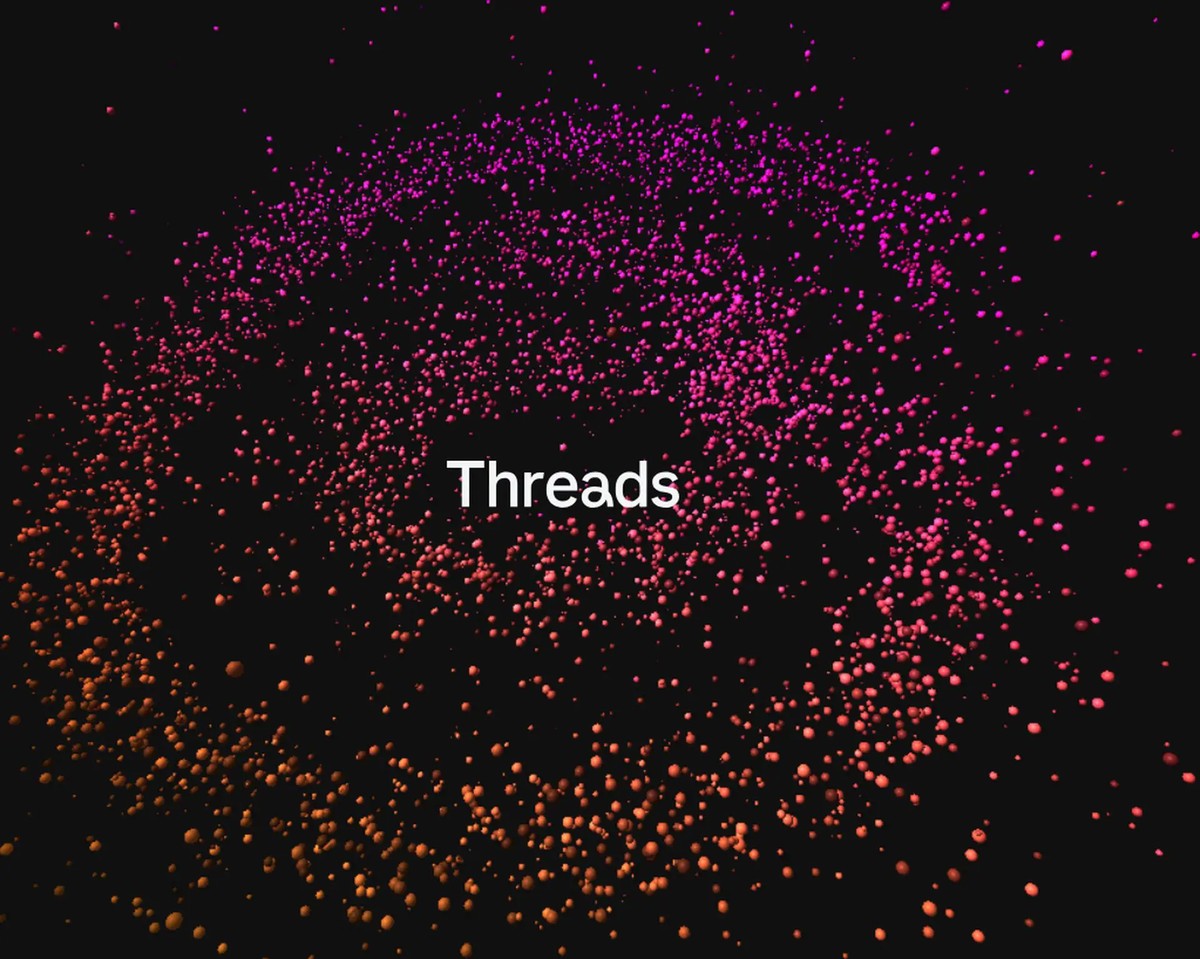The Dark Side of AI: Voice Generators Used to Scam People Out of Money

The impact of AI technology has been widely discussed in the technology industry, with tech giants such as Microsoft and Google incorporating AI into their products to keep up with the evolving landscape. While AI has shown tremendous potential in a variety of applications, there are also growing concerns about the negative impact of this technology, which is often poorly regulated and monitored.

One such example is the increasing exploitation of AI voice generators for fraudulent activities. The technology can be used to mimic human voices with remarkable accuracy, making it easier for scammers to deceive unsuspecting individuals. With just a few sentences, scammers can replicate the sound and tone of a voice actor convincingly, using this AI-generated voice to lure individuals into parting with their hard-earned money.
The increasing use of AI voice generation software has given rise to concerns about the unethical use of this technology. The technology has evolved to the point where a few seconds of dialogue is all that is required to mimic a person's voice accurately. This has led to numerous reports of voice actors' voices being stolen, raising concerns in the media about the potential impact on the industry.
Related: Discover Bing Chat’s secret celebrity mode
However, the more significant concern regarding AI voice generators is their use in fraudulent activities. According to a recent report from The Washington Post, thousands of people have fallen victim to imposters pretending to be their loved ones. Imposter scams have become the second most common type of fraud in America, with over 36,000 reported cases in 2022. The victims are often conned out of their money over the phone, with over 5,000 victims losing $11 million in total, according to FTC officials.
The use of AI voice generators in fraudulent activities can have devastating consequences, as illustrated by a particular story from The Washington Post report. The story involves an elderly couple who were duped out of over $15,000 through a bitcoin terminal after being convinced by an AI-generated voice that their son was in legal trouble for killing a U.S. diplomat in a car accident.

Sadly, this story is not unique, as most of these scams appear to target vulnerable groups such as the elderly. Given the growing prevalence of these fraudulent activities, there are concerns about the legal implications of AI voice generators and other AI technologies.
One challenge in holding companies liable for the misuse of AI technology is the difficulty in tracing the source of the fraudulent activities. In many cases, scammers operate anonymously, making it difficult to identify and hold them accountable for their actions.
These fraudulent activities highlight the need for greater regulation and oversight of AI technology. While AI has the potential to revolutionize the way we live and work, it is essential to consider the potential adverse effects of this technology on society. As policymakers and industry leaders work to address the legal and ethical implications of AI, it is crucial to balance innovation with the need for responsible use and deployment of this technology.
Advertisement




















